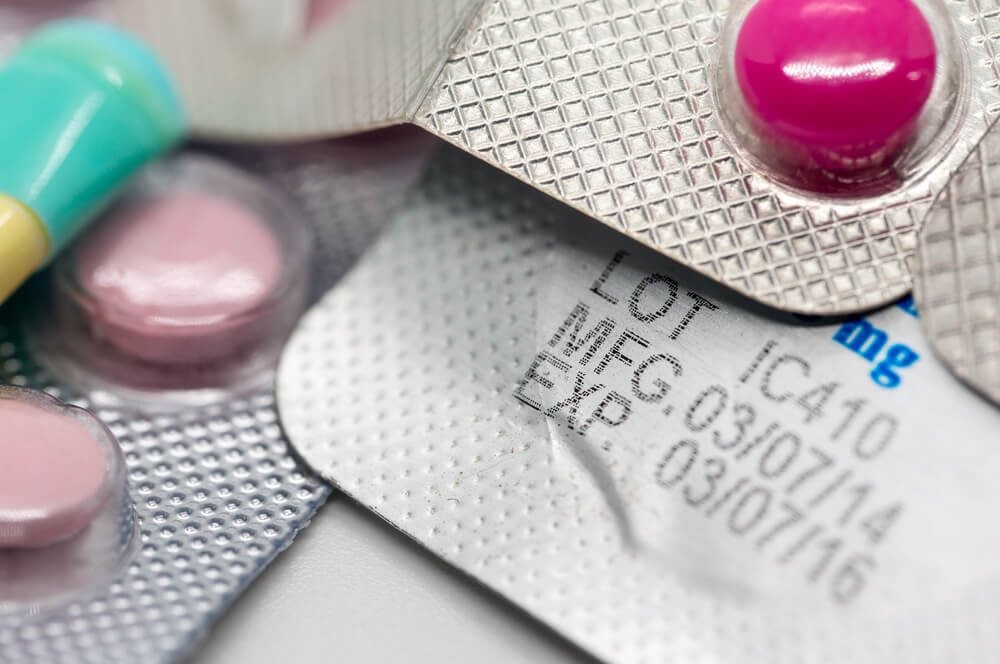 Here’s news that can save you money: You can ignore the expiration date on many of your medications—for years. According to several reports, including this one just published in the Journal of the American Medical Association (JAMA), drugs may retain their potency for up to four decades!
Here’s news that can save you money: You can ignore the expiration date on many of your medications—for years. According to several reports, including this one just published in the Journal of the American Medical Association (JAMA), drugs may retain their potency for up to four decades!
What does the expiration date mean?
The expiration date is a legal requirement imposed by the FDA since 1979, according to the Harvard Health Letter. The expiration date is supposed to be the date at which the “manufacturer can still guarantee the full potency and safety of the drug.” But research conducted by the FDA demonstrates that 90 percent of more than 100 drugs—both prescription and over-the-counter—are perfectly good to use even 15 years after the expiration date. A report from Medscape states that the expiration date doesn’t indicate how long the drug in question “is actually ‘good’ or safe to use.” Rather, medical authorities uniformly say it is safe to take most drugs well past their expiration date.
How long past?
The study in JAMA went well beyond 15 years: The researchers analyzed eight different drugs with 14 different active ingredients that expired anywhere from 28 to 40 years ago. Most of the active ingredients were still 90 percent effective (the minimum acceptable potency). The only substances that fell just below 90 percent potency were amphetamine (for ADHD and narcolepsy), phenacetin (a painkiller), and aspirin.
Francis Flaherty, former director of the FDA’s testing program, told Pharmacology Today that “expiration dates put on by manufacturers typically have no bearing on whether a drug is usable for longer” and that these dates are for “marketing, rather than scientific, reasons… It’s not profitable for them to have products on a shelf for 10 years. They want turnover.”
The exceptions
The meds you don’t want to use past their expiration dates include:
- Tetracycline (this antibiotic loses its effectiveness after expiration, though scientists are still researching this)
- Nitroglycerin (taken as heart medication)
- Insulin
- Liquid antibiotics
How to decide whether to take an expired drug
“Given that Americans currently spend more than $300 billion annually on prescription medications,” the JAMA report states, “extending drug expiration dates could yield enormous health-care expenditure savings.” If the expiration date has passed—even years ago—you should consider what the drug is and what you’re taking it for. If the drug is one of the exceptions—or if your life depends on the drug being 100 percent effective—get an unexpired version. Otherwise, you should be fine, and if you have further questions, check with your pharmacist.
By the way, when it is time to toss old meds make sure you know how to safely dispose of them.
The post This Is When It’s OK to Take Expired Medication appeared first on Reader's Digest.
from Reader's Digest https://ift.tt/2pRK8U5
No comments :
Post a Comment